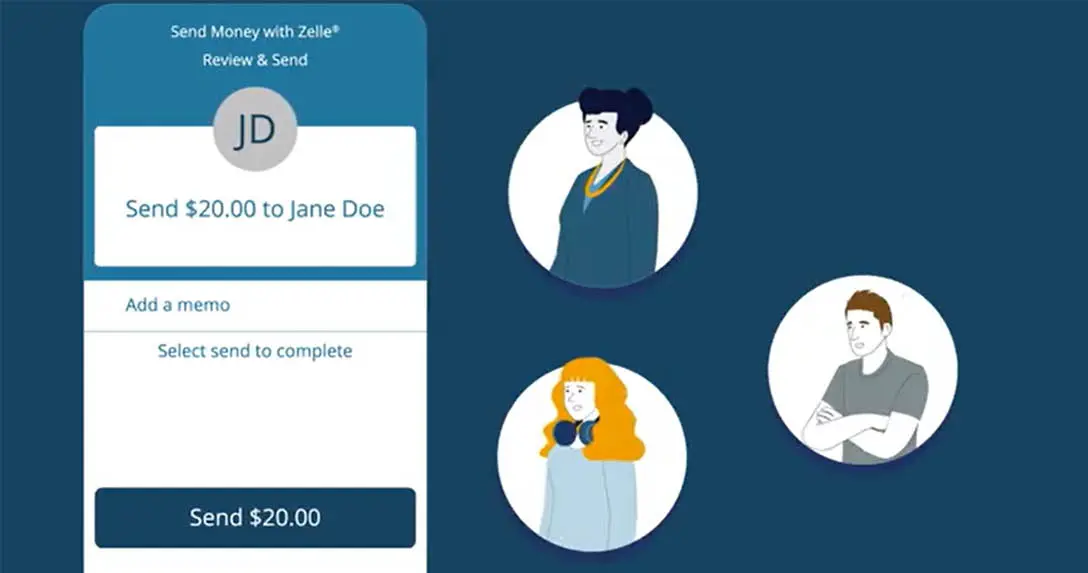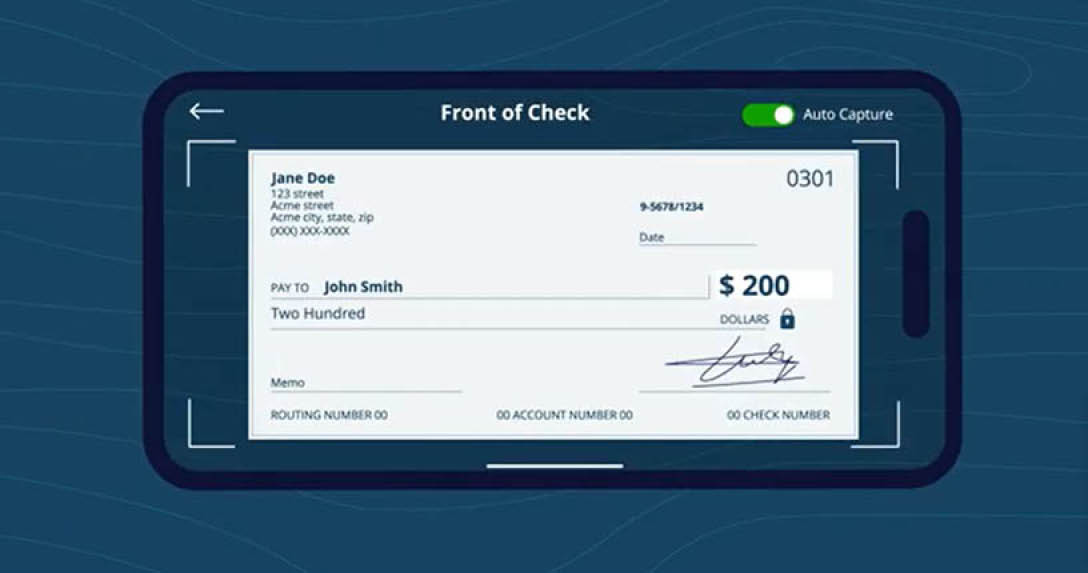
FDIC-Insured - Backed by the full faith and credit of the U.S. Government

FDIC-Insured - Backed by the full faith and credit of the U.S. Government
 VIEW ALL EDUCATION & INSIGHTS
VIEW ALL EDUCATION & INSIGHTS
February 01, 2021
Accumulating a Down Payment on a Home

Accumulating a Down Payment on a Home
Figuring out how expensive of a house you can afford will largely depend on the level of your monthly payments. There will be property taxes, insurance and upkeep, but your monthly payments will probably be the most important part of your decision.
The fine line you walk when determining a level of down payment is based on the level of mortgage payments you can afford and how much money you have for the down payment. Mortgage rates are constantly changing and there are all different types of mortgages available.
Estimating your mortgage payments
Here is a chart showing monthly payment levels for different amounts at different interest rates. It reflects using a 30-year fixed mortgage. Payments with a 15-year mortgage will be higher, but you will pay off the mortgage sooner and pay much less interest over the life of the mortgage.
Sample Monthly Mortgage Payments for a 30 Year Fixed Mortgage
|
Monthly Mortgage Payments at different interest rates (30-year fixed rate mortgage) |
||||||
|
Mortgage Interest Rate |
||||||
|
Mortgage Amounts |
3.25% |
3.50% |
3.75% |
4% |
4.5% |
5% |
|
$50,000 |
$217.60 |
$224.52 |
$231.56 |
$238.70 |
$253.34 |
$268.41 |
|
$75,000 |
$326.40 |
$336.78 |
$347.33 |
$358.06 |
$380.01 |
$402.62 |
|
$100,000 |
$435.20 |
$449.04 |
$463.12 |
$477.41 |
$506.69 |
$536.82 |
|
$150,000 |
$652.81 |
$673.57 |
$694.67 |
$716.12 |
$760.03 |
$805.23 |
|
$200,000 |
$870.41 |
$898.09 |
$926.24 |
$954.83 |
$1,013.37 |
$1,073.64 |
Many financial websites include mortgage calculators to provide more precise payment levels and you can also calculate mortgage payments for other lengths of mortgages.
Accumulating a down payment
Most lenders require certain levels of down payments to consider you for a mortgage. Down payments can often range from 5% of the purchase price to 25%. The larger the down payment, the more comfortable they will probably be approving your mortgage. However, you should also remember that it may be nice to have some extra money available after you move into your new home. New carpeting, new furniture or improving the landscaping all take money. You should not stretch yourself too thin.
Here are some ways to consider to build funds for the down payment.
- Save. As simple as it sounds, most people end up saving for a couple of years to accumulate the amount needed. This may mean less or cheaper entertainment or dining out. One easy way to save is to enroll for an automatic savings plan at your financial institution. Have a certain amount transferred from your checking account to a dedicated savings account each month. This provides some discipline and you may be able to use a money market type of account to earn higher interest.
- Borrow the down payment from your retirement plan. Many company sponsored 401(k) or profit sharing plans have provisions to let you do this. Check the details of your plan. The Human Resources or Payroll department may help.
- Move. Living in a cheaper apartment while you accumulate your down payment may help you get your money faster. Cheaper rent may balance off a longer commute to your job. If you are just starting out or are considering changing jobs, you may want to consider an area that has lower costs of living.
- Reduce other high interest rate debt. Paying off credit cards will take some of your savings, but you will not be paying the high rates usually found with credit cards.
- Make a deal with the seller. Sometimes a seller is willing to help sell their home by taking a second mortgage for part of the purchase price. Be careful if you are considering this and make sure a qualified attorney looks at all the documents.
- Sell some of your investments.
- Get a second job and save your earnings.
- Skip a year's vacation.
- Borrow from your parents. Many parents are willing, or even anxious, to help their children with the purchase of a first home.
Buying a home, especially a first home, is a big financial and emotional step. If buying a home is important to you, do your financial homework. Investigate your mortgage options. Determine what level of monthly mortgage payments will be affordable and comfortable. Use some discipline to save for your down payment.
Home buying and refinancing are complex, so you’re bound to have questions sooner or later. Please contact one of our experienced mortgage representatives in your area who can help guide you through the process with skill and commitment. Visit www.provident.bank to contact one of our skilled mortgage representatives.
Provident Bank does not offer legal advice. Please consult with your attorney, accountant, and/or financial advisor for advice concerning your particular circumstances.
Equal Housing Lender








 Views
Views



 Go Back
Go Back











